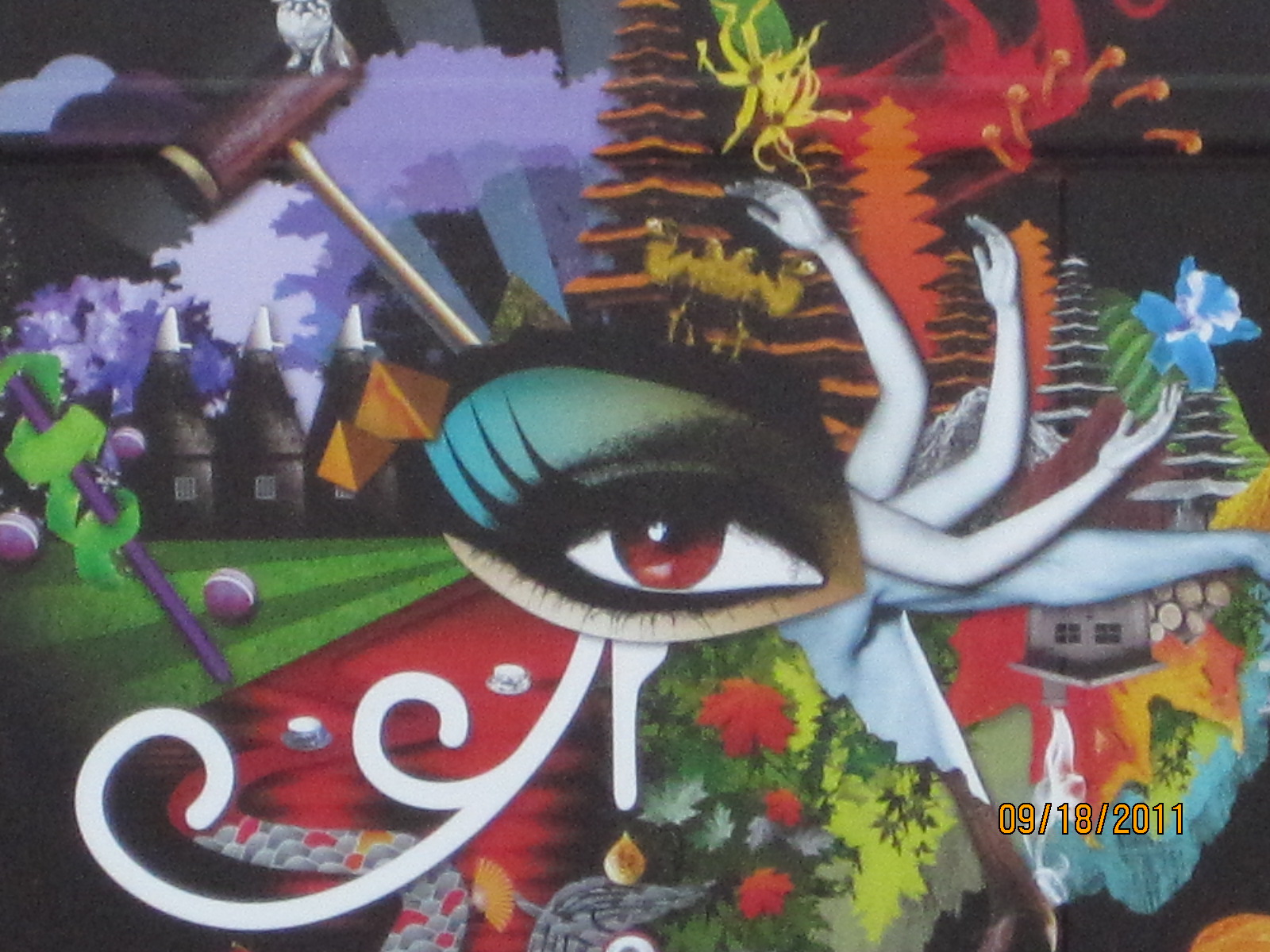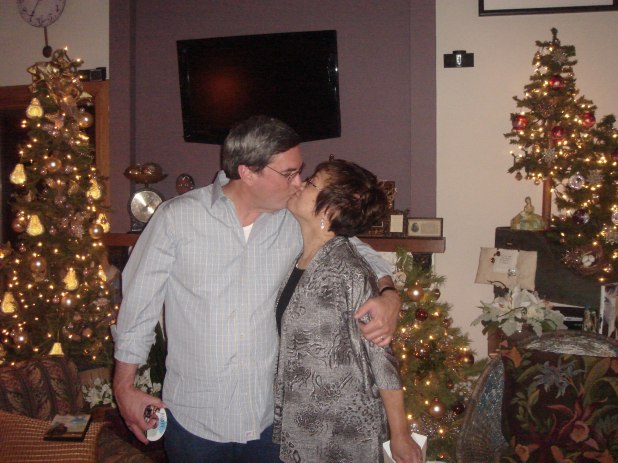If women were the world leaders of governments, corporations, learning institutions, medical facilities, courts of justice, sports teams, the entertainment and music industries, and any other body having great societal impact, they’d probably do their venting over coffee with girlfriends.
Coffee with the women means, friends gathering together to vent about anything, and everything. Surely centuries old, this female ritual has probably saved countless marriages, and kept our prison population from overflowing. Our ancestors, cave women, must have wanted to crack a few skulls. Being dragged around by the hair would not have been an endearing prospect. Native American women didn’t drink coffee (or did they?) but using smoke signals to communicate their marital woes was, perhaps, the start of environmental pollution. A frontier wife might have envied Annie Oakley her skills with a gun, when her cowboy came through the door smelling of whiskey and women. And a Victorian lady must’ve ripped off her corset and took a swig, when she was in a snit. Would Sonny and Cher have continued as a duo, if she’d had regularly done coffee with the women? “And the beat goes on, and the beat goes on. La, de, da, de, do, la, de, da, de, day…”
Women, coffee and conversation are like a game of Ouija. One speaks, another interrupts, the first resumes speaking, and the ebb and flow of conversation continues. The chatter is spirited, peals of laughter ring out, continuing to ripple through the group. Then voices quiet into whispers, while knowing glances and nodding heads silently agree that “it’s so frustrating…” whether it’s talk of jobs, husbands, children, mothers, even mother-in-laws. All agree that these sessions are more productive than paying for psychotherapy and a lot more fun as well.
The best coffee gatherings are among women whose personalities are in accord. Allowing one another time to speak, rather than hogging the conversation is also important. Egos are stroked, each feeling uplifted knowing others care, so that they needn’t continue shouldering their burdens alone. Coffee (for me) with a good friend (tea for her) became an important “life-line” when I moved with my, then 16-year-old, daughter to Atlanta. For two-and-a-half years I chaperoned her while she journeyed toward a career in ballet. My husband, our financial support, remained behind.
When my daughter was invited to train with the professional company where we relocated, our family consented without hesitation. Rushing forward without thought, we moved into an apartment with my husband’s help. The day he departed for home, we breakfasted at a pancake house. It was then that the finality of our decision hit me like a “ton of bricks.” I burst into tears. Ever the pragmatic one, my husband assured me he’d visit in a month or so. That seemed like an eternity to be without my best friend of so many years. But as moms have always done, I “placed one foot in front of the other,” and carried on.
It’s been about 5 years since I returned home to my husband. Having apprenticed with a ballet company in another state, my daughter was promoted to full member a year ago. She begins her second season this fall. Through hard work and maturity beyond her years, she has accomplished every young ballerina’s dream. There were peaks and valleys to be sure, but my daughter weathered them with our help, and the encouragement and prayers of many who have loved and supported her through the years.
apprenticed with a ballet company in another state, my daughter was promoted to full member a year ago. She begins her second season this fall. Through hard work and maturity beyond her years, she has accomplished every young ballerina’s dream. There were peaks and valleys to be sure, but my daughter weathered them with our help, and the encouragement and prayers of many who have loved and supported her through the years.
Offering me a shoulder upon which to lean, or cry, was a woman who became, and remains, a very dear friend. It wasn’t unusual for Becky and I to linger over a cup of coffee, or tea, for hours, kibbitzing about her son and my daughter. Both aspired to being professional ballet dancers. We’d compare “war” stories about people with whom we had dealings, who seemed insensitive to the difficulties our children encountered. Very little was ever resolved, but reinvigorated, we could return to parenting, knowing a friend was nearby.
I was able to offer Becky some advice, since I was already in the midst of helping my daughter wend her way through the maze of becoming a career ballerina. It is such a singular path, not like being in college with thousands of like-minded youngsters. How one dancer succeeds is not a ready prescription for another’s success. But from my observations, certain facts seemed applicable to every wannabe professional.
Success seems dependent upon 50% talent and 50% other factors like a solid work ethic, quickness at learning choreography, resiliency to criticism, continuing good health, and a lot of luck. It certainly doesn’t hurt to be “in the right place, at the right time.” When it comes to casting, being a favorite of resident and visiting choreographers is a plus. Less tangible is having “the look” that an artistic director wants for a role or for the company in general. This alone can force a dancer to audition wherever there may be openings, in the hopes of a perfect match. With much effort and good fortune, a job is found, if not, the dream will likely end.
Deciding to go the college route, Becky’s son graduated with a Fine Arts Degree in Dance. To his credit and due diligence, he is in his second year apprenticing with a ballet company. This is no small feat in the current economy when the arts are suffering the loss of patronage.
 Belonging to a rare breed of women, moms of professional ballet dancers, Becky and I continue to enjoy a mutually supportive friendship. Circumstances may prevent us from meeting as we once did, but given the ease of travel these days, it’s not too far-fetched to assume we’ll be meeting for coffee, tea and friendly conversation somewhere, some time…
Belonging to a rare breed of women, moms of professional ballet dancers, Becky and I continue to enjoy a mutually supportive friendship. Circumstances may prevent us from meeting as we once did, but given the ease of travel these days, it’s not too far-fetched to assume we’ll be meeting for coffee, tea and friendly conversation somewhere, some time…
it’ll be like old times, only better…hugmamma.




